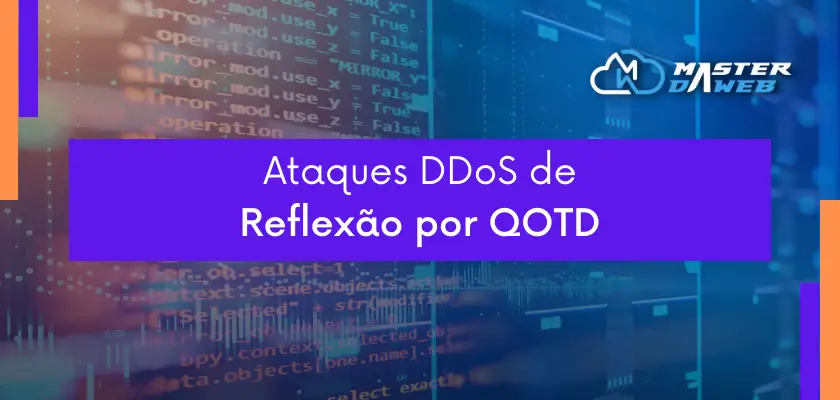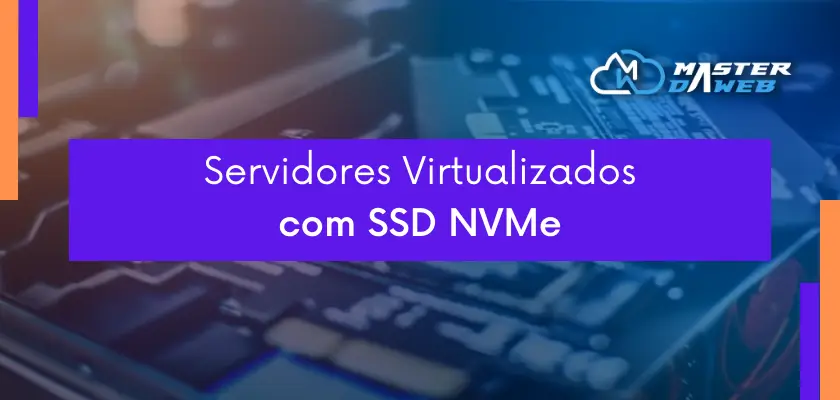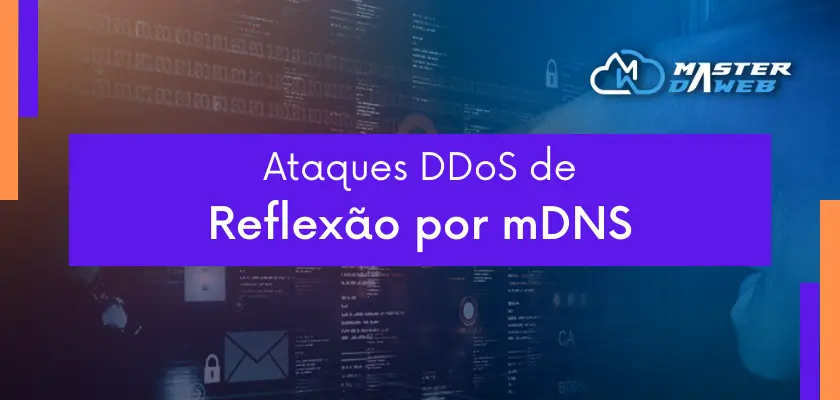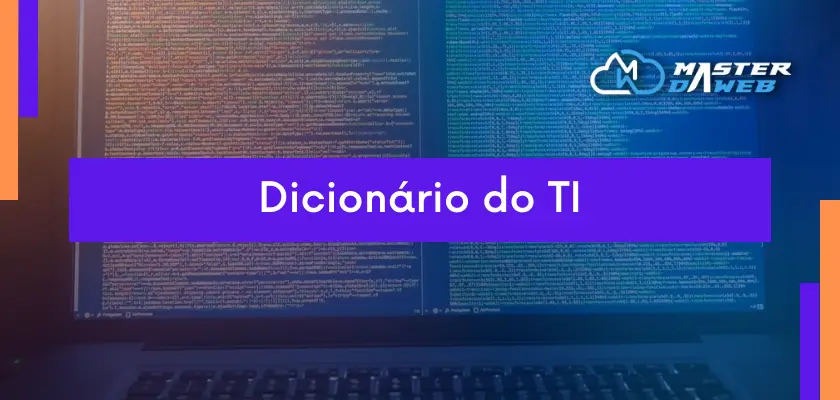PostgreSQL is software that helps organize information on computers, such as names, numbers and text, efficiently and reliably. It began as a research project in 1986 and has evolved to become a powerful tool used in many types of applications, from small to large, because it is flexible and effective. It is especially popular with programmers and companies that need a reliable database. Now let’s explain it more simply:
Imagine you have a large collection of information that you need to organize and access easily. It can be information about customers, products, orders or anything else. A database is like a big digital file where you store all this information.
Now, think of the DBMS as the bodyguard of your database. It helps organize, store and retrieve all the information in the database efficiently and securely.
PostgreSQL is a specific type of DBMS called “relational”. This means that it is good at organizing information in tables with rows and columns. This is especially useful when you need to relate information from different tables, such as associating customers with orders.
PostgreSQL is Open Source, which means that anyone can use it for free, view the source code and even contribute to improving it. This makes it a popular choice for companies and developers who want a powerful database without spending a lot of money on licenses.

Advantages of PostgreSQL:
- Open Source: PostgreSQL is open source, which means it is free to use, distribute and modify. This can save money on software licenses.
- Extensibility: PostgreSQL allows developers to create their own custom functions, operators and data types, which makes it highly extensible and adaptable to the specific needs of a project.
- Standards Compliance: It strictly follows SQL standards, making it compatible with many other tools and systems. This facilitates integration with other technologies.
- Performance: PostgreSQL is known for its solid performance, especially in environments with high volumes of data and traffic.
- Advanced Features: It offers a wide range of advanced features, such as transaction support, concurrency control, replication and advanced security.
- Active Community: The PostgreSQL developer community is large and active, which means that there is plenty of help and support available online.
Disadvantages of PostgreSQL:
- Complexity: For beginners, PostgreSQL can seem complex and may require time to learn how to use it effectively.
- Resource Consumption: Compared to some other DBMSs, PostgreSQL can consume more hardware resources, which may require more powerful servers for heavy workloads.
- Administration: PostgreSQL administration can be more challenging than some other DBMSs, especially for advanced tasks such as performance tuning.
- Community size: Although the PostgreSQL community is large, it may not be as vast as that of some popular competitors, such as MySQL.
- Documentation: Although the documentation is extensive, some users feel that it may be less accessible to beginners than that of other popular DBMSs, mainly due to the fact that it has not yet been translated into Portuguese.
In short, PostgreSQL is free software that helps people store, organize and access information in databases effectively, especially when it comes to relating data in tables. It is a valuable tool for companies and developers who want to handle data efficiently.
See more about PostgreSQL in our video available on our YouTube channel:
And here at Master da Web you’ll find another option for your project. Get in touch and give it a try!
Master da Web, your Cloud solution! ☁️












